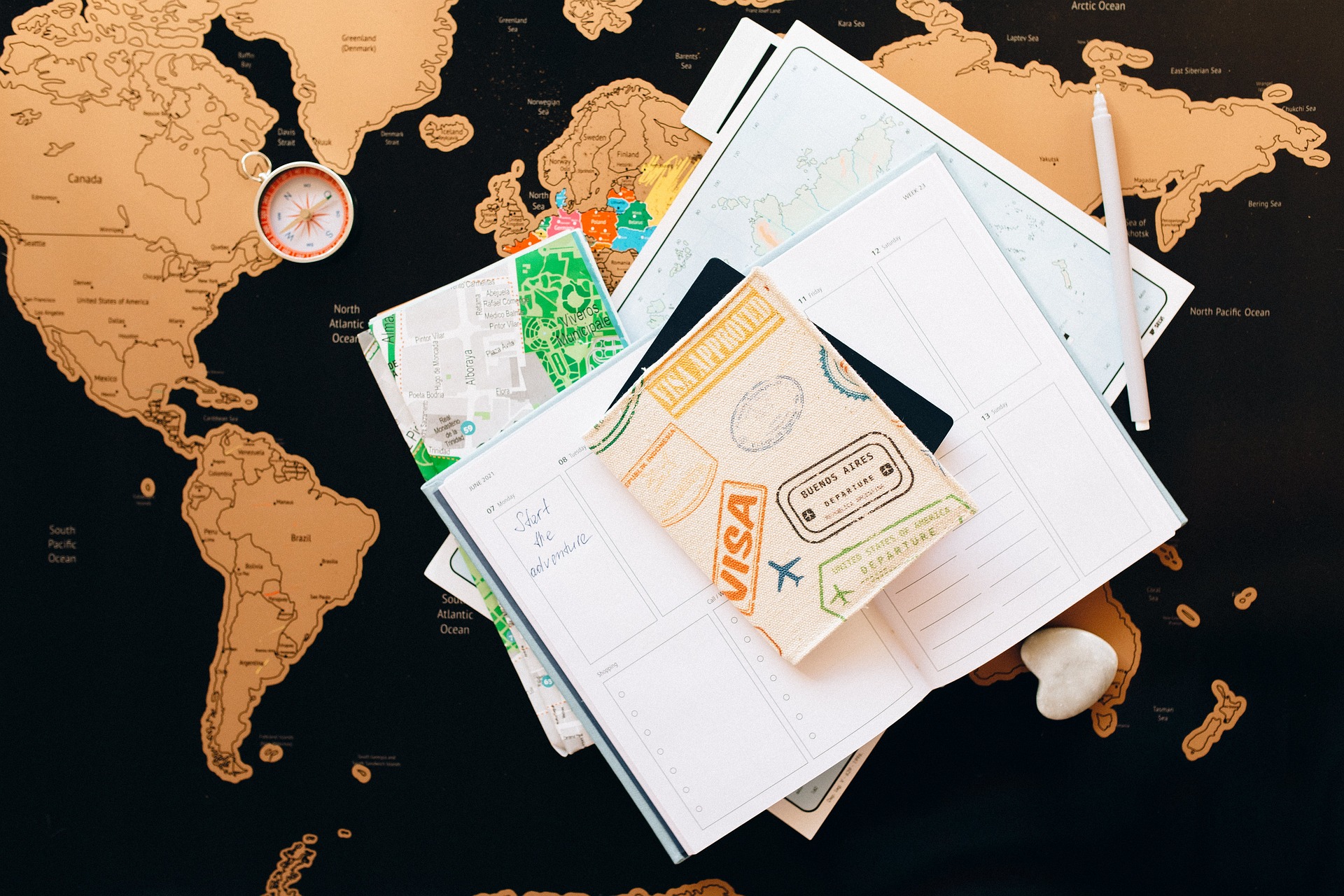It happens more than you think:
- Chinese Nationals Charged with Illegally Exporting U.S.-Origin Electronic Components to Iran and Iranian Military Affiliates
- Minnesota company listed as an unindicted co-conspirator in shipments of IED components responsible for 60% of all U.S. Casualties
So, what does this mean for your company?
If you are an exporter, you may already be aware that you have a duty to exercise a level of reasonable care that includes scrutinizing any transaction for legitimacy.
The Chinese case illustrates a clandestine procurement group here on our own soil! “Our foreign adversaries use many tactics to gain access to critical U.S. technologies and innovation,” said Executive Assistant Director Larissa L. Knapp of the FBI’s National Security Branch. “In this instance, it is alleged that U.S.-origin equipment was smuggled by front companies to the benefit of end users in Iran. Any circumvention of U.S. export control law is simply unacceptable – the FBI will work diligently with its partners across the globe to hold all accountable who jeopardize our national security.”
Again, what does this mean to you, especially if your company doesn’t export?
There are general Export Control rules you should follow for each transaction, including your domestic transactions.
Ten General Prohibitions to answer the What? Who? Where? Why? How? and What Else? in your export transaction:
- You may not export or re-export a controlled U.S. product to a listed country without an export license or license exception.
- Translation – Under the guise of national security or economic policy, the U.S. regulates export trade and publishes lists of people, companies and locations that U.S. exporters either cannot trade with or ship to.
- The OFAC Consolidated Sanctions List is just one resource exporters must review prior to transacting business and prior to shipping your product.
- You may not export or re-export from abroad, foreign made items incorporating more than a de minimis amount of controlled U.S. content (parts and components) to a listed country without a license or license exception.
- You may not export or re-export from abroad a foreign-produced direct product of certain U.S. technology and software without a License or License Exception.
- You may not take any action that is prohibited by a Denial Order.
- This is the consolidated screening list which covers the eleven Federal Government lists concerning trade.
- You may not, without a License, knowingly export or re-export any item subject to the Export Administration Regulations (EAR) to an End-User or for an End-Use prohibited by 744 of the EAR.
- You may not, without a License or License Exception, export or re-export any item subject to the EAR to a country embargoed by the United States set forth in 15 CFR 746 of the EAR (OFAC).
- If you are a U.S. person, you may not engage in any activities (e.g., financing, contracting, forwarding, employment) that you know will assist in proliferation activities described in 744.
- Translation: Nuclear Materials, Missiles and Rockets, Weapons of Mass Destruction, Chemical and Biological Weapons.
- You may not export or re-export an item through or transit through certain countries (former Soviet Republics, Iran) unless a License or License Exception authorizes export or re-export to such country of transit.
- You may not violate terms or conditions of a License, License Exception or order made part of the EAR.
- You may not sell, transfer, export, finance, forward, etc. any item subject to the EAR with “knowledge” that a violation of the EAR, EAA, License or order has occurred, is about to occur or is intended to occur.
Remember (very important): General Prohibitions Four through Ten require their own, separate independent analysis!
Exporters know that knowledge of a circumstance (the term may be a variant, such as “know,” “reason to know,” or “reason to believe”) includes not only positive knowledge that the circumstance exists or is substantially certain to occur, but also an awareness of a high probability of its existence or future occurrence. Such awareness is inferred from evidence of the conscious disregard of facts known to a person and is also inferred from a person’s willful avoidance of facts. In the Minnesota case, the exporter never thought twice that thousands of their products were going to the same company in Singapore and Malaysia who arguably had no real reason to place these orders in the first place.
Put plainly, if you are selling controlled items, you first have the obligation to know your product is controlled, and that your customer be vetted. There are often overlooked parts of the export transaction, namely General Prohibitions, Export Compliance, Foreign Country expectations and overlooked Product Compliance certifications that put many companies at risk.
The Go Global Initiative is here to assist companies by educating them of their obligations in international trade and can help by providing consulting resources to build an effective trade compliance program.

